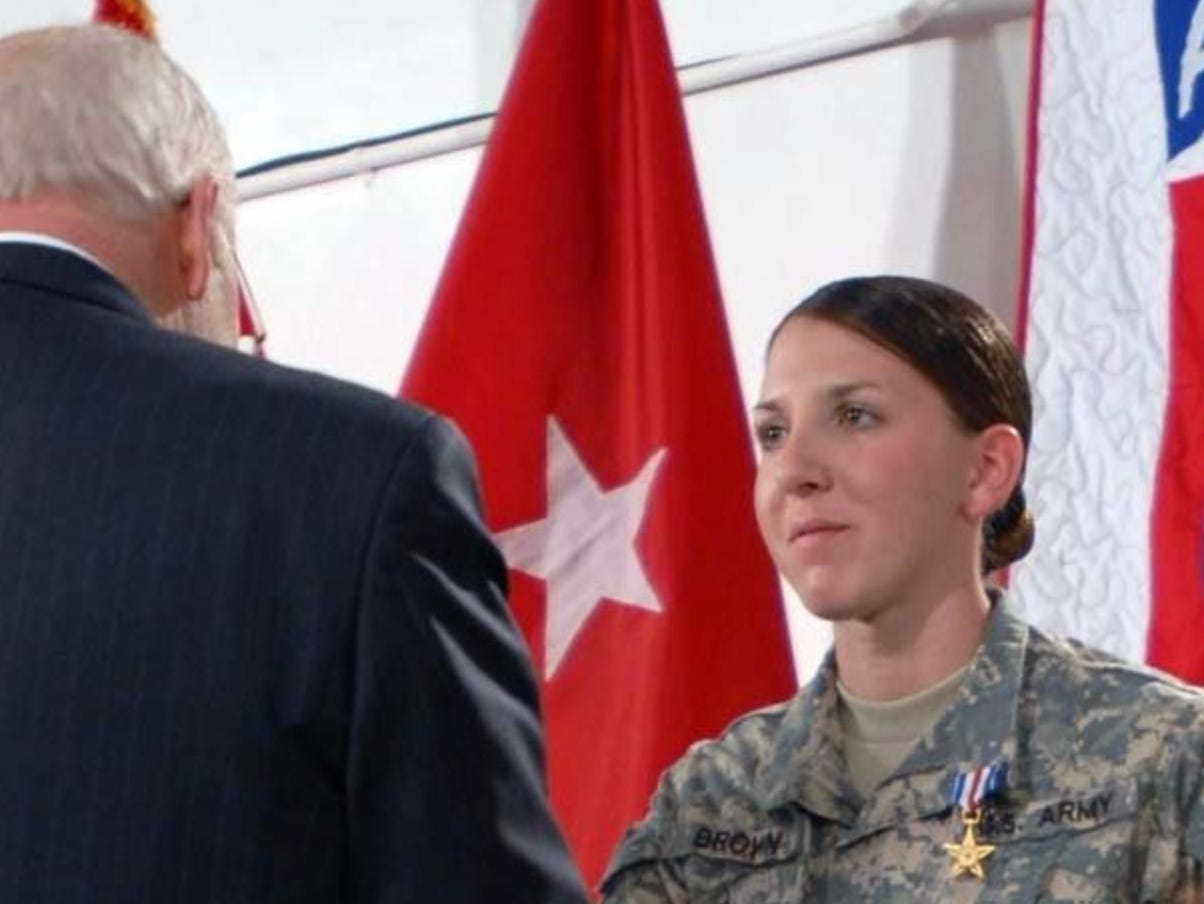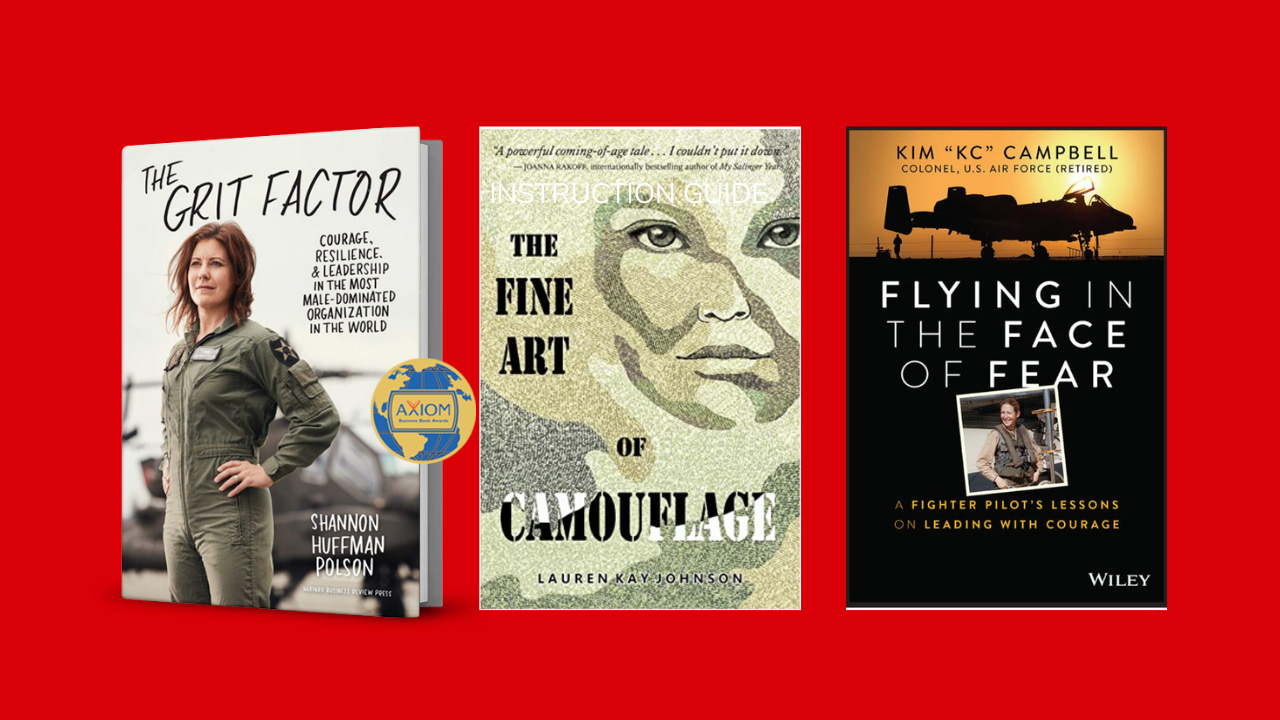March 8, 1910. Raymonde de la Roche, daughter of a plumber and sports and motored vehicle enthusiast, became the first woman to take to the air and earn her pilot’s license.

March 8, 2023. I’ve talked to two global companies this week already on The Grit Factor, and how it is that we can work together to ensure all people have the opportunity to contribute their best for the best possible outcomes.
What do we need for this more equitable world to emerge? There are many structural aspects of ensuring interviews are unbiased, sponsorship is equal, and much more— but today I want to focus on the foundation of equity: what stories we tell, and to whom.
Much has happened since my days wearing the uniform. Women have served in positions leading high level combatant commands. There are women flying every aircraft in our inventory. These are blips in our news, occasionally compiled and celebrated by a veteran related organization, but the true legends are still all men. The same is true in the corporate world.
When I think back to my days in the military, the stories that are told and retold, the mythology that continues to form and direct the camaraderie, all heroic stories are told about men. There are a lot of men who have indeed been heroic, facing fear, risking or losing their lives for others. They are stories worth telling.
We tell stories because narrative is one of the most powerful sources we have for inspiration and direction. Neuroscience shows us that we process information best in the form of story. The moment a story begins to emerge, we stop what we’re doing. We pay attention. We look for the shape of a plot, for what can be learned. This is the kind of formal and informal information sharing that moves the needle, that changes our perceptions about ideas, about people, about possibility.
Once upon a time…those words, or words that stand in for them, immediately transport us to the realm of wonder, of curiosity, of learning.
At the same time, if we recognize there is much work left to do to equalize opportunity, leaders must work to change the stories they tell— or add on new stories. Are those stories available? Absolutely they are.
What if, as athletes, soldiers, and others were trained in courage— and trainers themselves were trained— they were told about 23 year old Sergeant Leigh Ann Hester.
Hester was a member of a military police unit providing security for a supply convoy in Iraq in 2005. The convoy hit an ambush; bullets rained down around them, and a rocket propelled grenade launcher hit a vehicle and threw it into the air. Hester led her team through what is called the “kill zone” to set up a position on the flank, then leading an assault against the ambush with grenades and grenade launchers. Every member of her unit survived the attack, and 27 enemy were dead by the end.
SSG Leigh Ann Hester became the first woman to be awarded the Silver Star since WWII.













